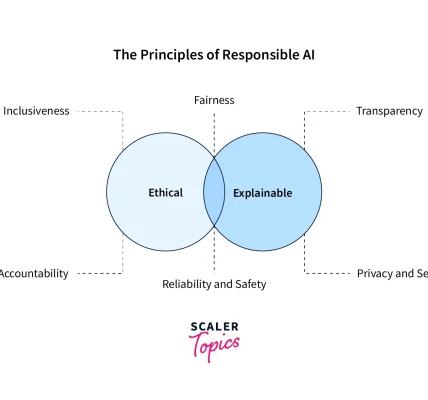Running a small business can offer many rewards, but it also presents challenges. This stress increases if the business does not take proper legal precautions when handling legal issues.
One of the most frequent legal troubles businesses encounter is licensing. Failing to secure proper authorization can prove expensive and may even lead to closure.
Licensing
Small businesses face a myriad of licensing requirements. These range from setting up the business structure to adhering to local and state regulations.
Obtaining a business license may take one or more days, depending on your jurisdiction and the type and industry of your endeavor.
Licensing is a legal process in which one company (the “licensor”) grants rights to another company (the “licensee”) to use its products, services, trademark, copyright and other intellectual property. As compensation, the licensor may receive royalty payments from the licensee for using its property.
Licensing agreements are designed to safeguard licensors’ interests by outlining the terms and conditions of their relationship, such as how royalty payments will be made and what control the licensor has over the licensee’s activities. Unfortunately, poorly drafted license agreements may lead to prolonged litigation and financial losses for both parties involved.
Partner Disputes
Disagreements between business partners can be a drain on resources, time and money for the venture. But these conflicts can be prevented or at least minimized with due consideration given to each partner’s rights and liabilities before entering into a partnership agreement.
When disagreements do arise, business owners should consult an attorney experienced in business-related disputes to determine the most efficient means of resolution. While litigation is often the preferred solution, alternative dispute resolution procedures such as mediation and arbitration can be more cost-effective yet still maintain the business while addressing any underlying issues that caused conflict to begin with.
Documenting all major agreements, such as an operating and partnership agreement and any other significant decisions, in writing is essential. Doing this will enable both partners to refer back to the written document if a dispute ever recurs.
Trademark Infringement
Small businesses rely on distinctive designs, logos, names and symbols to differentiate them from competitors. Unfortunately, these trademarks can be misused without authorization and cause financial harm if not protected properly.
Trademark infringement can be an expensive and time-consuming legal issue for small businesses. Not only does it harm your brand’s reputation, but it may also result in decreased sales.
If you discover that your company’s or products’ names are being used by another firm, it is imperative to act swiftly. The earlier you take action, the greater the chance that you will be able to safeguard your trademarks and prevent legal action from being taken against you.
Contracts
Contracts form the cornerstone of most business deals and they’re essential for safeguarding your company’s interests. With the correct documents in place, you can guarantee that both parties are on the same page, helping you steer clear of potentially unfair or unconscionable contract conditions.
Contract management software can help expedite contract completion, preserving revenue-generating opportunities. Furthermore, it enables your business team to self-serve on contract matters, so they can focus on growing their company rather than dealing with paperwork.
Small businesses must prioritize legal matters that arise quickly and correctly. For instance, if your organization is involved in an agreement with another organization that involves staff sharing, make sure both parties sign off on its conditions of exchange.






